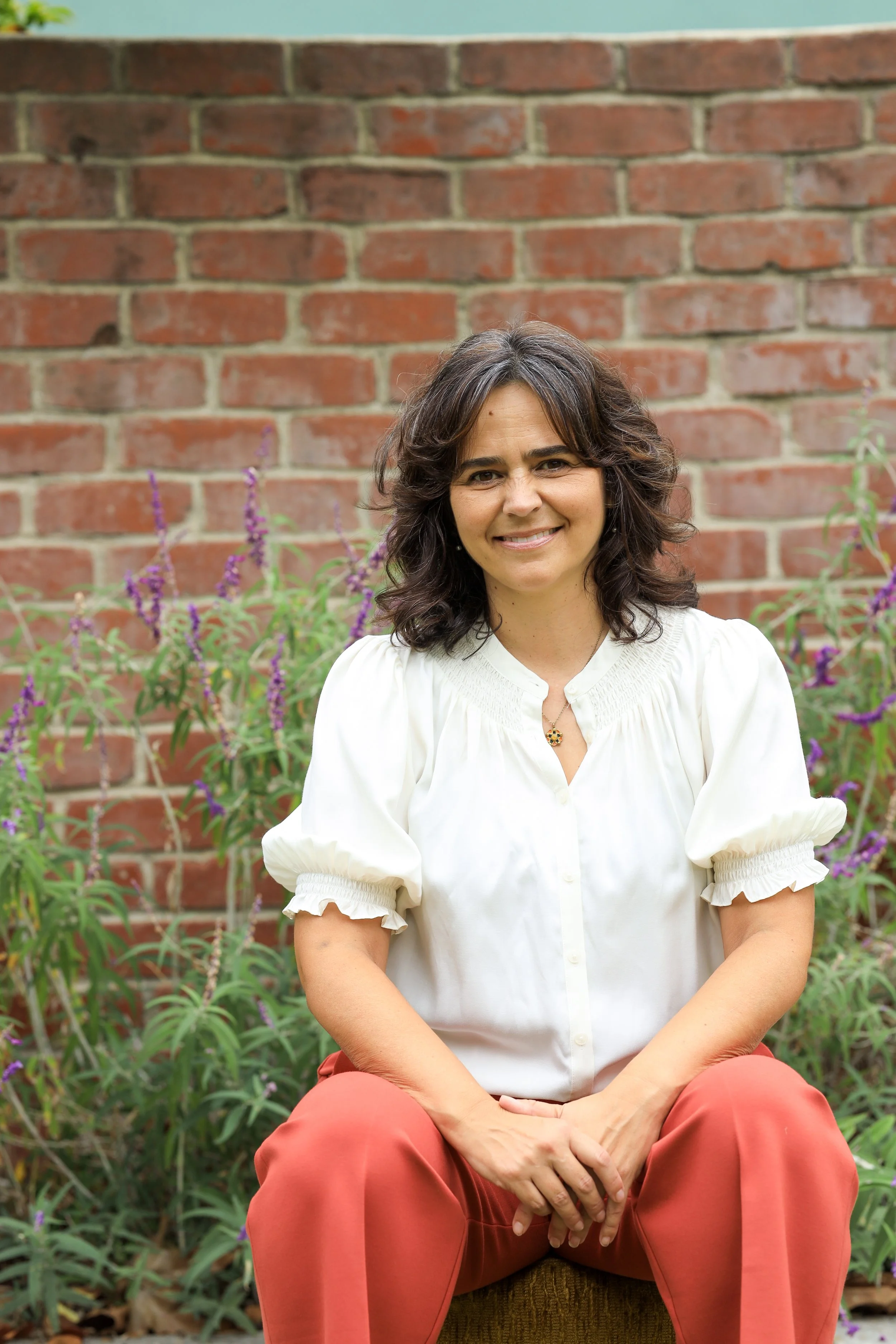Therapy for ADHD/Learning Disabilities in Los Angeles
Working with people with so-called “learning disabilities” is a passion of mine. I prefer to call them learning differences, since I’ve seen time after time that once these conditions are properly addressed, people can thrive in work, school, and life.
Addressing Learning Differences
I am actively involved in staying current with research for adults and children who experience the following conditions:
Specific Learning Disorders such as: Dyslexia, Dysgraphia, and Dyscalculia
ADHD
Sensory Integration Disorder
Visual and Auditory Processing Disorders
Impulse Control Disorders
Language Processing Disorder
Having one or several of the above challenges wouldn’t be a problem if we didn’t live in a world where we must adhere to structure and different environmental conditions in social environments such as school and work. This demand to learn in school or perform well at a job can cause people with a more atypical brain structure to experience the following conditions:
Anxiety
Depression
Oppositional Behaviors
Debilitating Procrastination and Avoidance
Low Self-esteem
Feelings of Worthlessness
Addictive Behaviors
Constant Career or School Changes
Lack of meaningful relationships
Debilitating feeling of being directionless
Educational & Relational Trauma
Executive Functioning Help
I have a certificate in Executive Functioning (EF) Coaching. Executive functioning skills include: task initiation, organizational skills, time management, following tasks through to completion, and regulating emotions to engage in activities/tasks. There are plenty of adults and teens who are very smart, but struggle with EF skills. When EF skills are weak it is hard to get work done, complete necessary assignments, and meet deadlines. Performance issues develop which hurts a persons self esteem and hinders accomplishments. I combine therapy and EF skill building so that my clients can feel empowered to get things done and also heal from past negative experiences.
Treating Adult Learning Differences
While research is currently identifying more of the above mentioned atypical neurological conditions during early childhood, in the past this was not the case. Many adults are experiencing mental health challenges as a result of undiagnosed learning challenges, or instances of neurodivergence. Often adults are aware of low self worth, or symptoms of anxiety or depression, but don’t understand they may have other conditions that play a role in how they are treated.
I help adults understand how their way of learning or processing information intersects with their identity and the way they are/were related to by others. Having a deep knowledge of these learning conditions helps me to treat anxiety and depressive symptoms more effectively. Both educational and relational trauma can healed through therapy.
Parents of Children with Learning Differences
For parents whose children experience a difference that impacts social and learning development, the stress level increases. Parenting is already a very difficult job, and when you add in the worry about your child’s current or future well-being, it can increase anxiety and lead to states of depression.
Waxing and waning between feeling like “everything will be okay” to “oh no nothing is okay”, takes its toll on the individual being and on a relationship. At times I work with one person to help them navigate the parental demands and other times I support a couple.
Parents not only need a nonjudgmental place to release the tension, but they often need information. They need help understanding how their child sees the world, how their unique brain structure impacts behaviors and cognitive function, and how to emotionally support their child’s self-esteem and emotional development while at the same time structuring their child so they can be successful.
It’s a Passion
Over the past 10 years in my practice I have developed a passion for those living with differences. As challenging as it is to be neurodivergent or to have a neurologically atypical child, it contributes greatly to the richness of our society. That said, neurodivergence is by no means easy, and our world hasn’t caught up. Often the strengths of folks who are different aren’t celebrated. Instead, children and adults are constantly taking jabs and hits to their self-confidence. I believe that working on a small scale with this population can begin the process of making society as a whole more accepting of children and adults with neurodivergence. The more that individuals advocate for themselves and believe that being different is normal, the more “normal” traits and characteristics associated with neurologically atypical brains will become.
If you are just starting out in the process and don’t know where to start, please feel free to reach out for a consultation.
